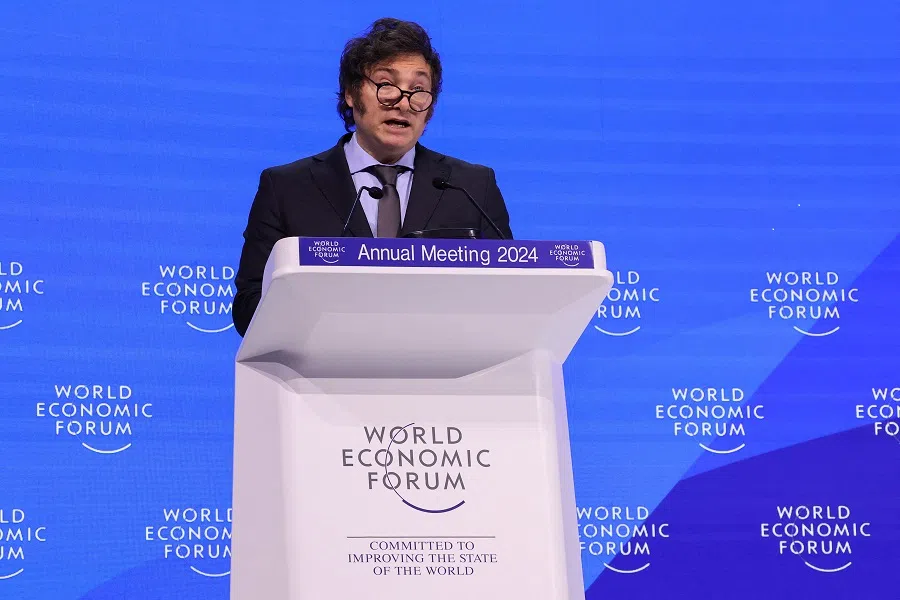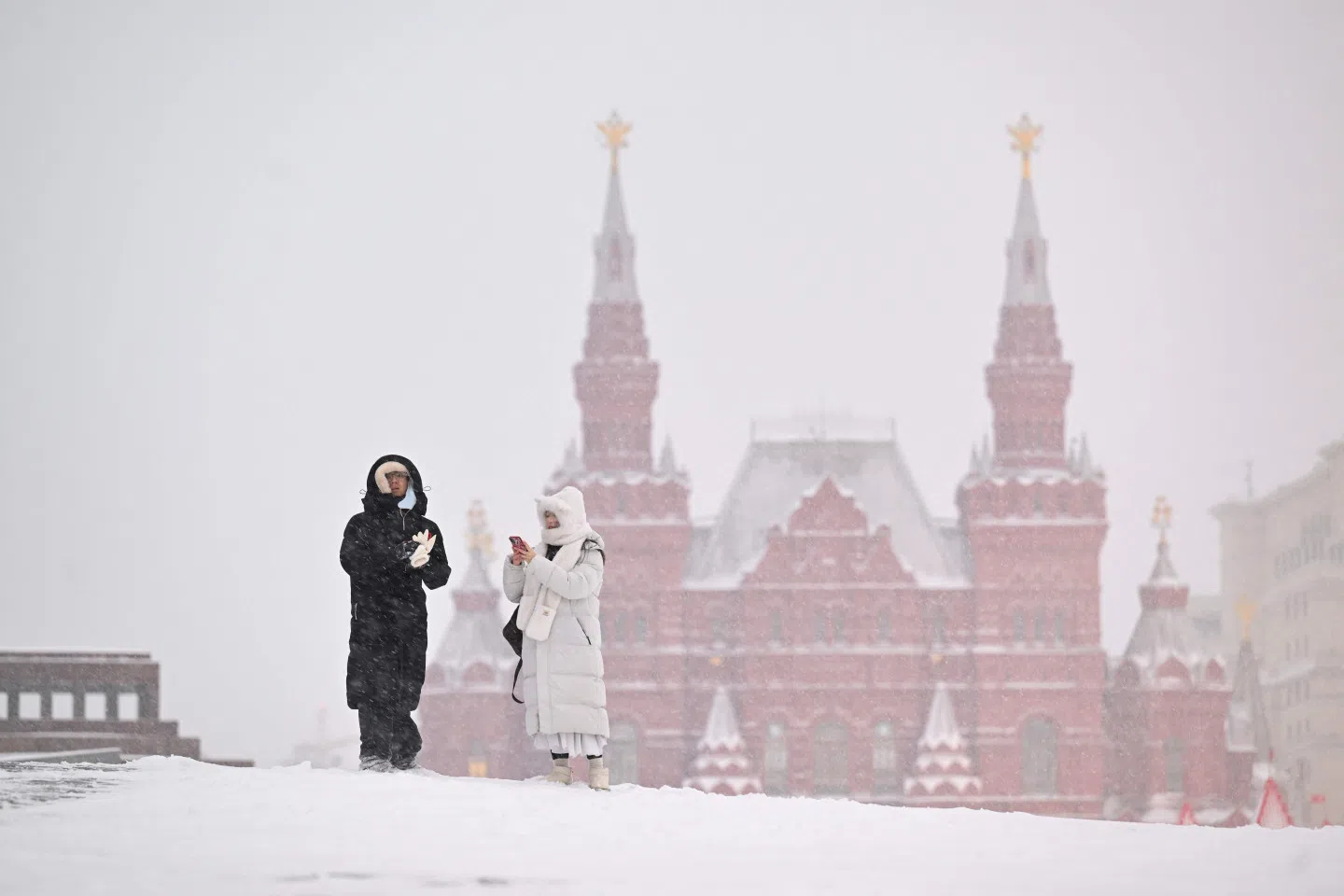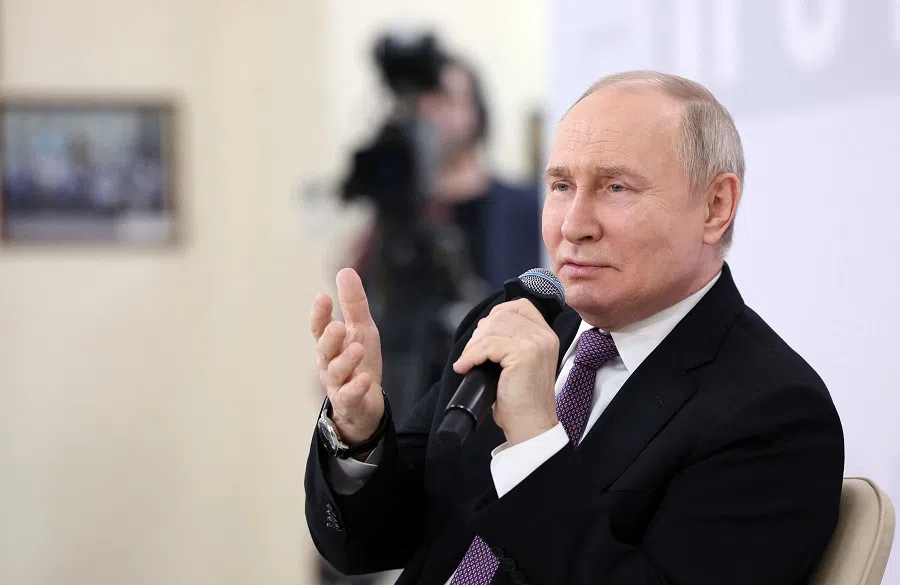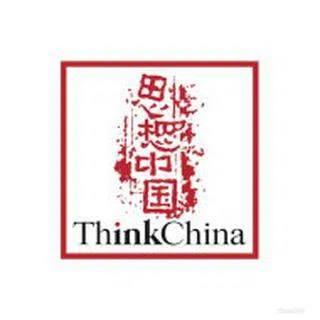President Milei: Argentina is proof that collectivism does not work
In his recent speech at the World Economic Forum, Argentina's President Javier Milei pointed out that collectivist experiments are never the solution to the problems afflicting the citizens of the world, but are, on the contrary, the cause. Commentator Jin Jian Guo takes a closer look at Milei's criticisms and assertions.

Argentina's President Javier Milei delivered a stirring speech at Davos this year. Without sidestepping his country's own shortcomings, Milei espoused the ideals of Ludwig von Mises and Friedrich A. Hayek from the Austrian school of economics to the entire world. Milei warned that "the Western world is in danger" and criticised its main leaders for abandoning the model of freedom for different versions of collectivism.
Tesla founder Elon Musk posted a video of Milei's speech on X, praising it for being "[a good] explanation of what makes countries more or less prosperous".
Industrial revolution, market economy and capitalism
Milei's speech provided a sense of realism in economic philosophy, hoping to awaken the people's appreciation for market economy and private ownership. Market economy, which is closely intertwined with private ownership, is the only type of economy that can spur economic development and bring prosperity to the people.
In The Rise of the Western World: A New Economic History, 1993 Nobel Prize in Economic Sciences winner Douglass C. North explicitly pointed out, "The affluence of Western man is a new and unique phenomenon. In the past several centuries he has broken loose from the shackles of a world bound by abject poverty and recurring famine and has realized a quality of life which is made possible only by relative abundance."
The combined force of the industrial revolution, market economy and capitalism were the keys to opening up the treasure trove of wealth for the West. According to research by J. Bradford Delong, an economist at University of California, Berkeley, 97% of humanity's wealth was created in the past 250 years under the conditions created by the market economy. From 2000 to 2024, it was again the market economy that stimulated the information technology revolution, causing a cataclysmic change to the material and spiritual life for humanity.
The Soviet Union sent cosmonauts to space, but were unable to solve food production and feed their own people.

Ironically, the Soviet Union provided a convincing argument for the market economy. The five volumes of Events That Formed the Modern World: From the European Renaissance through the War on Terror pointed out that the Soviet economic model had not undergone much change since the 1930s when it was shaped by Stalin, and was increasingly unable to meet the demands of modern society. The Soviet Union in effect restricted the participation of market forces in the economy, which led to the continuous production of outdated and inferior products.
These products were more suited for the early stages of the industrial revolution but ill-fitting for today's high-tech world. The Soviet Union sent cosmonauts to space, but were unable to solve food production and feed their own people.
Soviet Union a 'hell on earth'
The Soviet economic model was a planned economy based on public ownership. A highly concentrated political power went hand in hand with a planned economy. This led to widespread hunger and even death, while viciously suppressing dissenting voices in politics and sending them to concentration camps.
From the latter half of 1918 to spring of 1921, the "War Communism" policy caused a severe famine in 1921 that affected 17 republics in the Soviet Union, even tragically leading to cannibalism. The History of Soviet Agriculture published in 1986 claimed that the death toll from the famine reached 1 million.
Collectivisation in the Soviet Union caused food shortages from 1930 to 1931, with around 5 to 7 million deaths due to starvation from 1932 to 1933 alone. From 1946 to 1947, the Soviet Union went through a third famine, with the death toll purportedly lesser than the previous two famines. Indeed, starvation and poverty are standard features of socialism.
Countries that adopted a market economy have never experienced widespread death in peacetime. The Soviet Union experience proved that socialism founded on public ownership was a path of doom, legitimising Mises' argument in the 1930s.
Even from today's perspective, innovation is impossible under a socialist system.

In The Free and Prosperous Commonwealth, Mises pointed out that the only workable system of human cooperation is private ownership of the means of production, and that socialism as a completely comprehensive system encompassing all the means of production is unworkable.
Hayek equated socialism with slavery, and argued that the danger of socialism lies in its destruction of individual activity, in turn creating an environment where scientific advancement cannot take place. Even from today's perspective, innovation is impossible under a socialist system.
History from the 20th century has proven Hayek right; socialism is the road to slavery. This is why even Russia President Vladimir Putin, a staunch nationalist, has no plans to return to the Soviet era, even going so far as to lambasting Lenin for the ills he brought to the Soviet Union. In 2017 on the centenary of the October Revolution, Putin adopted a negative stance and assessment of Lenin and the October Revolution.
A History of Russia: 20th Century (1894 to 2007), edited by Andrey Borisovich Zubov, recounted copious amounts of historical facts accusing Lenin's establishment of the Soviet Union as "hell on earth". In 2006, Putin proposed that this book be used as the history textbook for 11th grade students in Russia.
Collectivism dragging Argentina down
In his speech, Milei pointed out that collectivist experiments are never the solution to the problems afflicting the citizens of the world, but are, on the contrary, the cause. Milei felt that there was no one better than the Argentines to testify to these two issues. He said, "When we adopted the model of freedom back in 1860, in 35 years we became the world's leading power, while when we embraced collectivism, over the last 100 years, we saw how our citizens began to systematically impoverish themselves, until they fell to 140th in the world."

Milei's words are in line with historical fact. In 1900, Argentina ranked 7th among the wealthiest countries in the world, but fell dramatically thereafter, with much of the decline occurring after the Second World War. For example, Argentina's GNP in 1929 was 50% higher than Austria's, twice that of Italy and nearly four times higher than Japan. Today, Argentina's per capita GNI is half of these countries'.
Milei felt that socialists who advocated justice reduced societal freedom by coercively imposing heavy taxation. The reduction in freedom would result in a smaller "cake" for the entire economy.
The turning point for Argentina's economy was from 1946 to 1955, when Juan Peron implemented socialist policies. Peron found that socialist economic policies were welcomed by more than half of all Argentines. Thus, he imposed trade protectionism while nationalising public services, and directly or legislatively imposed state control measures on most economic activities.
At that time, a wave of socialism embroiled much of Europe, indirectly encouraging Peron to push for national socialism; capitalism and capitalists became vilified words. Peron nationalised railroads, airlines, public transport, communications, trade, the energy sector and more. The state-owned economy incurred huge losses and rendered poor services, and the country's finances were in the red. Meanwhile, Argentine goods for export were uncompetitive on the global market.
In 1955, a military coup wrested power from the Peron administration, but Argentina's socialism persisted in different forms. Peronist socialism continued to hamper Argentina's economic development, causing the country to become a living example of the "Latin America trap" (middle-income trap).
Milei felt that socialists who advocated justice reduced societal freedom by coercively imposing heavy taxation. The reduction in freedom would result in a smaller "cake" for the entire economy.

This is because the market is a process of discovery and exploration in order for the capitalists to obtain rewards. Collectivism inhibits these processes of discovery and hinders the appropriation of what has been discovered by the capitalist, it ultimately ties the entrepreneur's hands, making it impossible for them to produce better goods and offer better services at a better price.
Poverty caused by socialism
In The Road to Serfdom, Hayek pointed out that advocating social justice serves a necessary interest for a particular interest group. The objective reality is, under the Soviet system of socialism, officials enjoyed all sorts of special privileges that the common folk had no access to. A planned economy would segregate the people into different tiers, with officials becoming parasites that leech off the people, misleading the common folk at the bottom to sing the praises of officials at the top through public opinion and deception.
There are no examples in world history of economic prosperity brought about by socialism...
Milei felt that the Argentine case is the empirical demonstration that no matter how rich you are, how many natural resources you have, how skilled or educated the population is, how many gold bars there are in the central bank's coffers, if one adopt measures that hinder the free functioning of markets, free competition, free price systems, and if one hinders trade and attack private property, the only possible destiny is poverty. North Korea's poverty serves as a real-world example for socialism, while Venezuela is another case of poverty caused by socialism.
There are no examples in world history of economic prosperity brought about by socialism; the successful economic development of China and Vietnam were due to its acceptance of a market economy and the development of their private economy.
Mises and Hayek both felt that socialism could not address the problems stemming from a weak economy and the insufficiency of information. The closer the connection between the entities engaged in economic activity and the production of economic benefits, the more vitalised the economy would be, and this economic vitality requires the protection of private ownership. Meanwhile, insufficient information would result in the failure of a planned economy, even with the aid of artificial intelligence.
The market economy has its flaws, but these flaws are still preferable to the poverty caused by socialism's severe hindrance to the development of production power.
This article was first published in Lianhe Zaobao as "米莱痛批集体主义深具现实意义".





